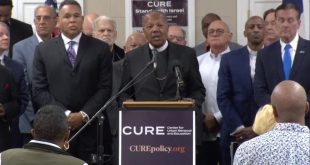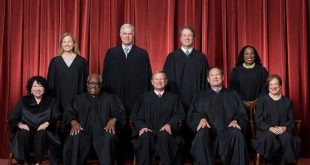We bring you another powerful line-up on CURE America this week with footage from the Center for Urban Renewal and Education’s annual National Policy Summit that we held in Washington, D.C., with pastors from all over the country. This week we highlight the remarks of former Ambassador to the United Nations and former Governor of South Carolina, Nikki Haley, and bring you the important panel discussion on homelessness from a previous summit.
Ambassador Haley’s remarkable life as the daughter of an immigrant is only surpassed by her amazing career in public life. She shares many of her experiences with our pastors and especially the heart-wrenching story of the aftermath of the horrific shooting in a Charleston church where nine African Americans were killed during a Bible study. Ambassador Haley served as governor and brought together faith leaders, community leaders, and legislators to help the community come together in forgiveness and healing after this racist act.
While homelessness becomes a serious issue in many cities across the nation, we brought together some of the country’s top policy leaders to explain why this is happening and offer solutions to this growing problem. The experts leading this important discussion: Dr. Robert Marbut, former Executive Director of the U.S. Interagency Council on Homelessness; Michele Steeb, Senior Fellow at the Texas Public Policy Foundation; Frank Moncher, Executive Director of Catholic Charities in Arlington, VA; and Michael Tanner, Senior Fellow at the CATO Institute.
The entire summit will be posted to our website www.curepolicy.org, in the next few weeks. Join us again next week for the final in this series from CURE’s National Policy Summit.
 CURE News and Clergy Blog News and Commentary for Christians
CURE News and Clergy Blog News and Commentary for Christians




Homelessness is certainly a serious issue nationwide. Kudos to the National Policy Summit for in depth discussion of this pressing issue. In California, many instances of homelessness can be tied to mental illness/substance abuse. To that end, a new law has been signed to detain and involuntarily institutionalize the mentally ill homeless who “pose a danger to themselves and the public.” Essentially, the “state” will temporarily suspend their civil rights for the betterment of society at large. Is this a good idea or a bad idea?